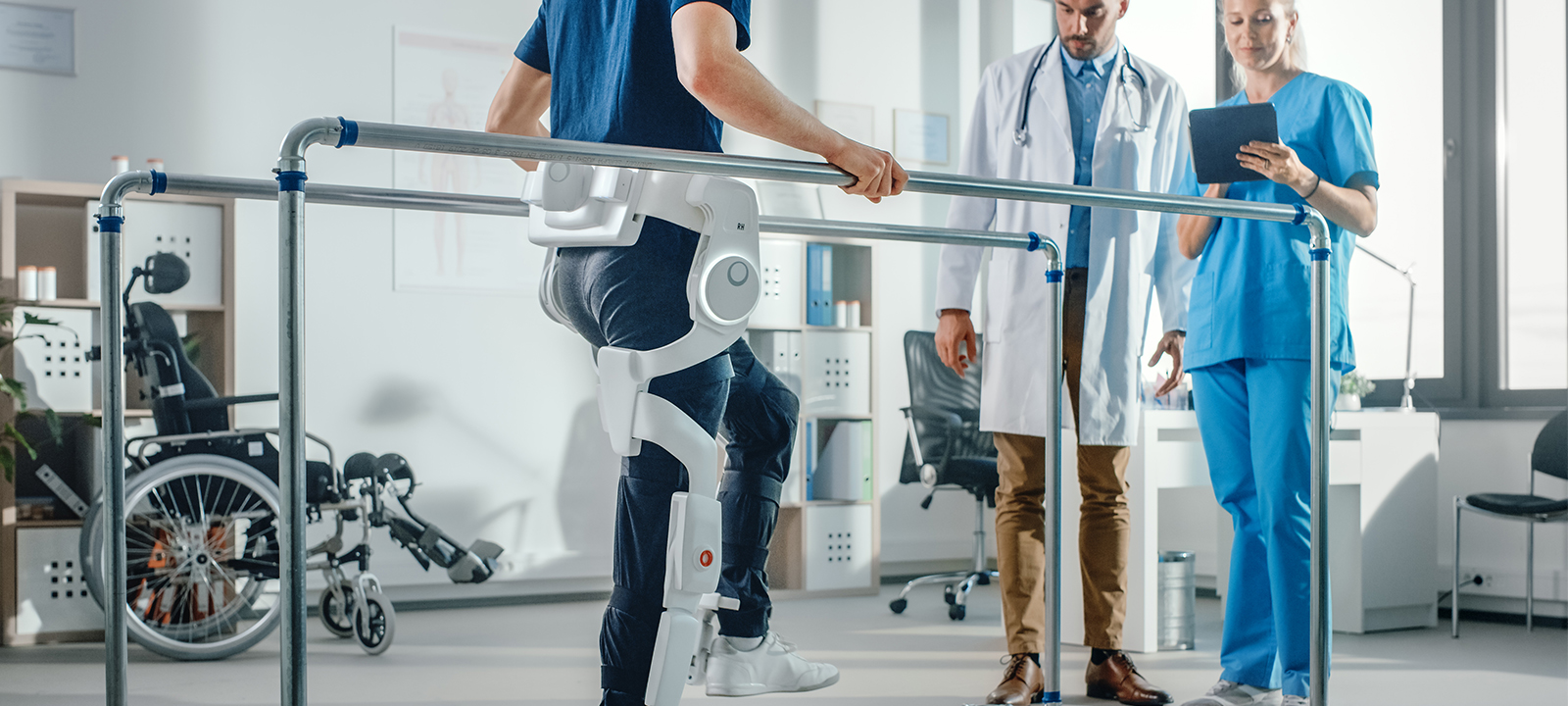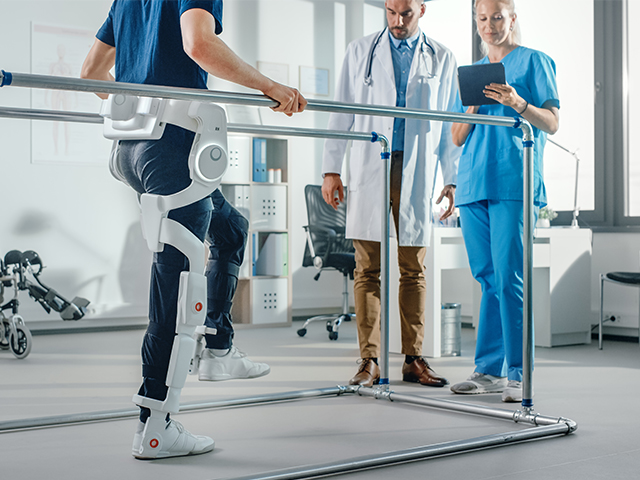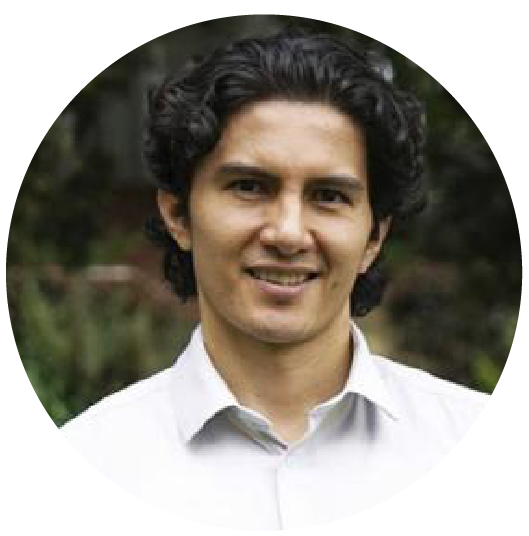
Este curso de verano es organizado por el Departamento de Ingeniería Eléctrica y Electrónica en conjunto con los Departamentos de Ingeniería Mecánica (Curso con Código IMEC4528) e Ingeniería Biomédica (Curso con Código IBIO4140)
Fecha de inicio y finalización de curso: De junio 10 a junio 17 de 2022
Horario: 08:00 a 12:00, 14:00 a 16:00
Modalidad: Presencial
Idioma: Inglés
Fechas de pago:
1er vencimiento: 3 de junio de 2022 - 2do vencimiento: 10 de junio de 2022

This interdisciplinary course will cover different aspects involved in assistive devices for human movement. Specifically, the course will provide an overview of the human musculoskeletal system, experimental methods to track human motion, commonly used device sensors, and control strategies. Students will have the chance to apply concepts learned in the class through OpenSim, an open-source musculoskeletal modeling software, and will work in groups to investigate a specific topic of their choice further in depth to present to the class.
![]()
![]()
![]()
![]()
![]()
![]()







